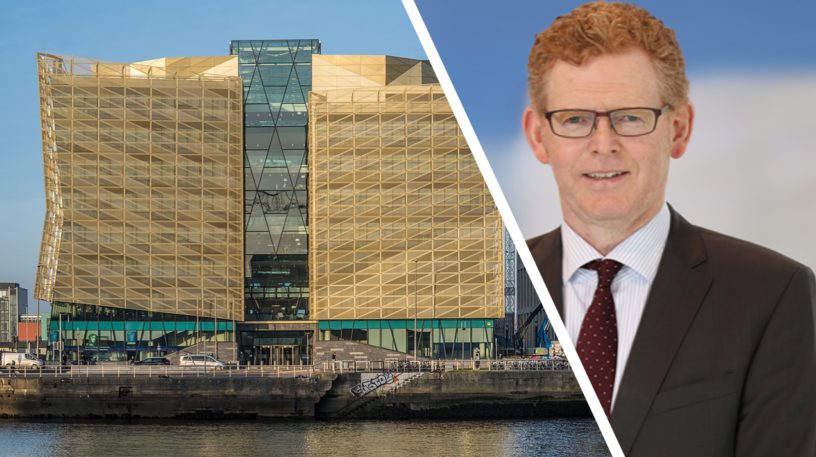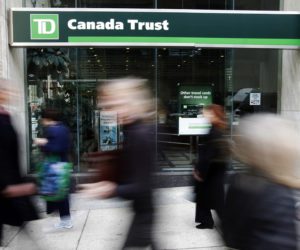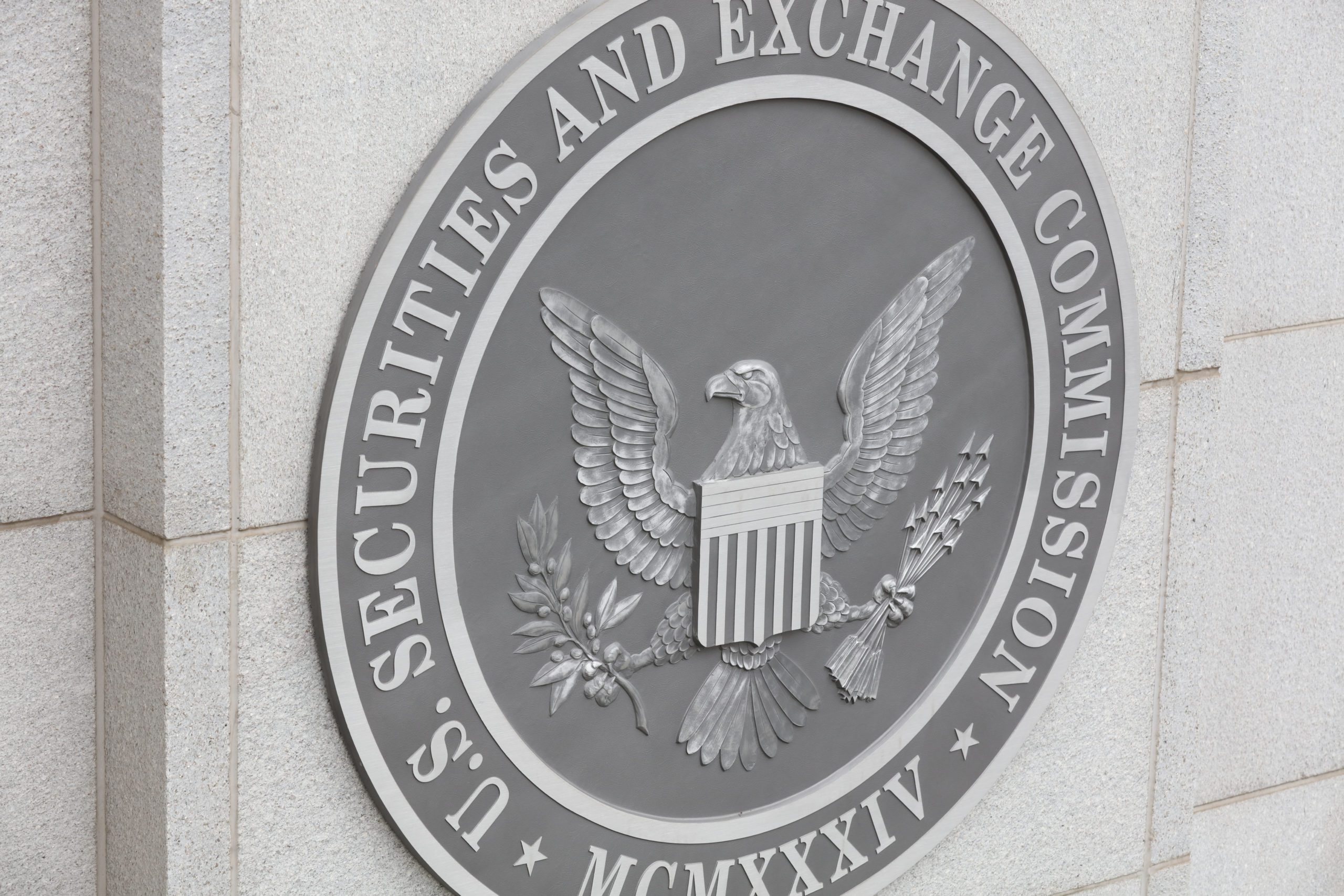By Dan Byrne for AMLi
STANDARDS for compliance with regulations are high and growing, a Central Bank of Ireland chief has said.
While financial institutions in all sectors can expect impartial and well-informed inspections and assessments, standards for compliance with regulations were getting more robust, Central Bank of Ireland Financial Regulation Director Gerry Cross has said.
He delivered his comments at a virtual corporate crime summit, where he stressed that any inspection into a firm’s financial conduct would inevitably be “focused, intrusive and challenging.”
“We want and expect our inspectors to get underneath the skin of the firm,” he said. “We are not simply there to see if everything looks okay. We are there to get our hands on the risks, to lift the lid, and understand what we find. You can expect us to be demanding and challenging.”
His comments come amid growing attention on the role of the regulator amid the FinCEN files leak in September, as well as further investigation into how regulators engaged in what he described as a ‘hands-off’ approach in the run-up to the last financial crisis of the late 2000s.
On foot of these, Cross advised that the Central Bank of Ireland would be demanding more of companies doing business there, and “asking the uncomfortable questions,” during inspections.
“Firms must continue to adjust their mindsets. Their engagements with inspections are something to be approached in a proactive, transparent and positive way,” he told the A&L Goodbody Corporate Crime & Regulation conference.
Ireland continues to prove a popular destination in Europe for firms, owing to factors like its low corporate tax rate, and its new status as the most populous native-English-speaking nation in the EU after Brexit.
Cross noted that the COVID-19 crisis is not necessarily halting on-site inspections, but merely proving that more elements of these inspections can be done virtually.
His comments were accepted by Citibank’s Chief Compliance Officer for Europe Mark Satterthwaite, who stressed the importance of conveying a sense of trust when an inspection occurs.
“You want the regulator to go away believing that the firm can self-regulate,” he told the conference.
Outside expertise was sometimes inevitable or necessary in being adequately prepared for an inspection, he said, acknowledging that answering questions without the right input “can give the wrong impressions.”
He noted that common areas where outside expertise would be required included cybercrime and money laundering specialists.
The possibility that personnel on both sides might be unfamiliar with aspects of a firm’s work and financial activity was widely acknowledged as an issue at the conference’s session ‘Managing Regulator Inspections.’
Share this on:
Follow us on:











